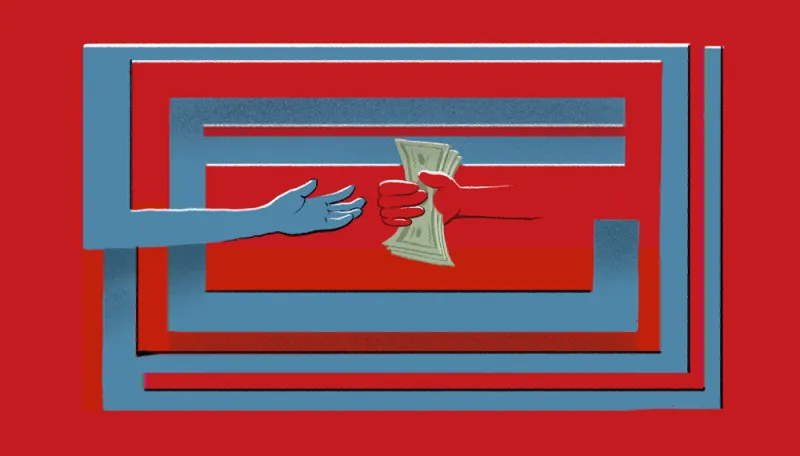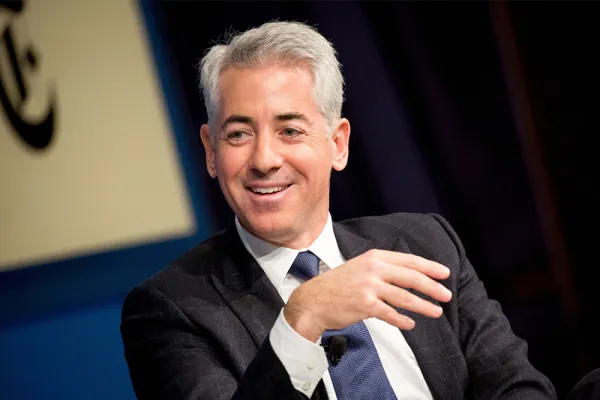U.S. Senators Chuck Schumer (D-N.Y.) and Bernie Sanders (Ind.-Vermont) have proposed a limit on share buybacks, claiming the practice only benefits shareholders and management.
Twitter, for better or worse the modern forum for financial debate, has been alive with bickering over the issue.
But pension funds, endowments, and other institutional investors represent the vast majority of public company shareholders—and, according to a recent study, these investors view buybacks as among the best actions management can take when it comes to allocating capital.
According to internal proprietary buy-side research from Corbin Advisors, an investor relations firm and strategic consultancy, 43 percent of institutional investors polled in 2018 believed that buybacks were the top use of a company’s cash. That’s before dividends—which 34 percent of investors preferred—and debt reduction (23%). Only M&A was ahead of share repurchases, with 49 percent voting for an acquisition or other transaction as their number one choice.
[II Deep Dive: The Unintended Consequence of Limiting Buybacks]
Rebecca Corbin, who founded the investor relations advisory firm in 2007 after starting a similar group for Thomson Reuters in 2003, said the results are particularly notable. This is because the firm also found that, in separate research executed in the first quarter, investors viewed U.S. equities as increasingly overvalued—which would make buying shares in the open market quite expensive.
“Every single study—whether the company is large cap, small cap, or in any sector—shows that investors think buyback programs contribute to the long-term value of stock holdings,” said Corbin in an interview. She added that results can vary somewhat depending on the state of the markets.
“To just say buybacks need to be taxed higher is myopic and short sighted," she continued. "Every company is different in terms of the value they create. Are there bad actors sometimes in the mix? Sure, some management teams might be buying stock to line the pockets of executives. But in general, investors want buybacks." As an example, she said that when management meets with investors to encourage them to buy their stock because they believe it’s cheap, investors will ask why they’re not also buying at the same time, she explained.
Corbin Advisors has gathered data on investors’ perception of companies, from $250 million in market cap to more than $360 billion, surveying them on specific matters that contribute to long-term shareholder value, among other issues. For the perception studies, Corbin asks the investment community to rank (first, second, and so on) the best uses of excess free cash for a specific company.
Corbin says interviews with about 10,000 institutional investors over the last 11 years consistently show that almost half prefer buybacks as their No. 2 choice for management’s use of cash, right behind M&A.
Results for 2018 were in line with those findings. On average, 44 percent of investors identified buybacks for capital deployment, outpacing dividend growth (preferred by 35 percent of investors) and debt reduction, which was identified by 23 percent. Buybacks trailed only M&A, preferred by 48 percent of investors.







